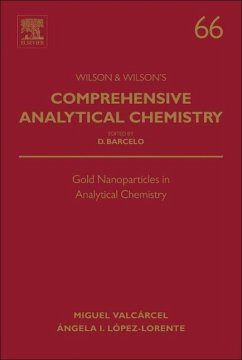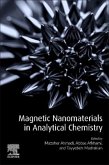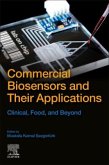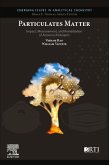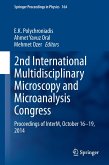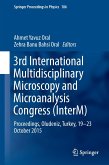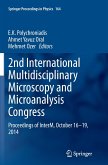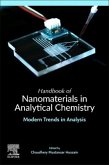Analytical nanoscience and nanotechnology is a growing topic that is expected to have a great impact in the field of analytical chemistry. Many of the exceptional properties of gold nanoparticles make them suitable for different analytical applications and these applications allow extrapolations for their use in other fields as well. In analytical chemistry gold nanoparticles play two main roles, namely: i) As target analytes in the realm of the analysis of the nanoworld; and ii) As tools to improve analytical processes, such as the use of gold nanoparticles as components of electrodes, in spectroscopic techniques and (bio)chemical sensors and lateral flow sensors.
This book is a comprehensive review of the role of gold nanoparticles in analytical nanoscience and nanotechnology, with chapters devoted to their synthesis, physico-chemical characteristics, derivatization and potential toxicity. The main microscopic, spectroscopic and separation techniques for the characterization are reviewed as well as the developments for their determination in environmental, biological and agrifood samples.
This book is a comprehensive review of the role of gold nanoparticles in analytical nanoscience and nanotechnology, with chapters devoted to their synthesis, physico-chemical characteristics, derivatization and potential toxicity. The main microscopic, spectroscopic and separation techniques for the characterization are reviewed as well as the developments for their determination in environmental, biological and agrifood samples.

